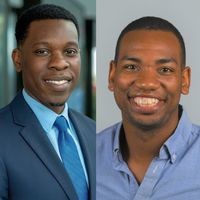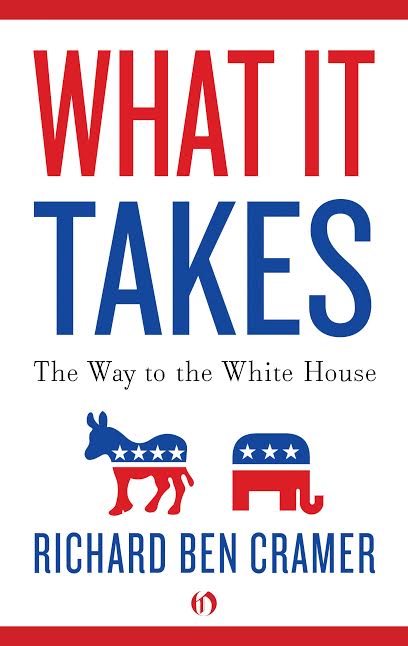Gone
“What’s it like to be kidnapped and held for ransom, not as a political prisoner but as an economic one? What’s it like to live in the Ecuadoran jungle for 141 days? What’s it like not to sleep, to be bound in chains, to have your body invaded by living things, to waste away to the point of death?…What’s it like? This is what it’s like.”










